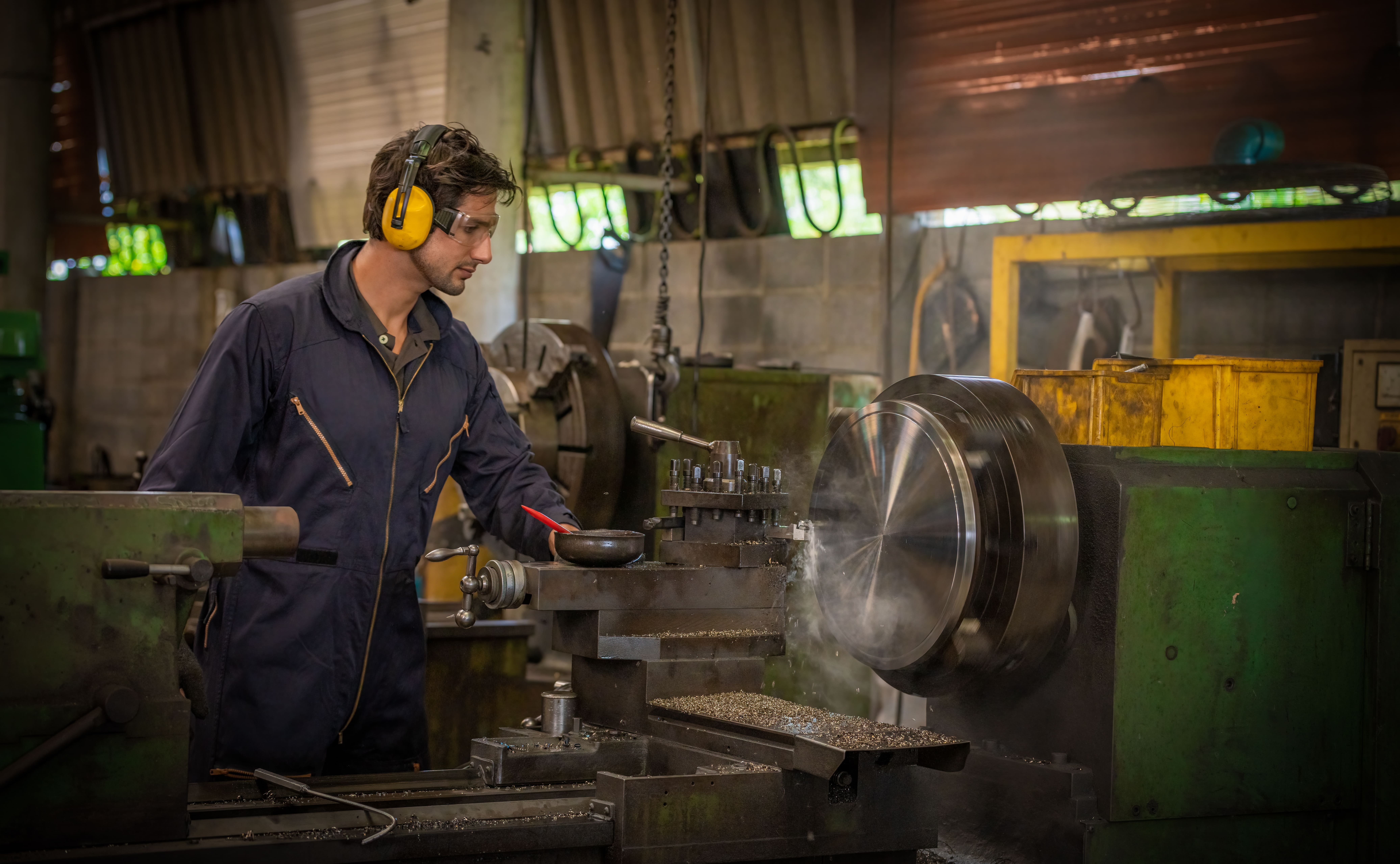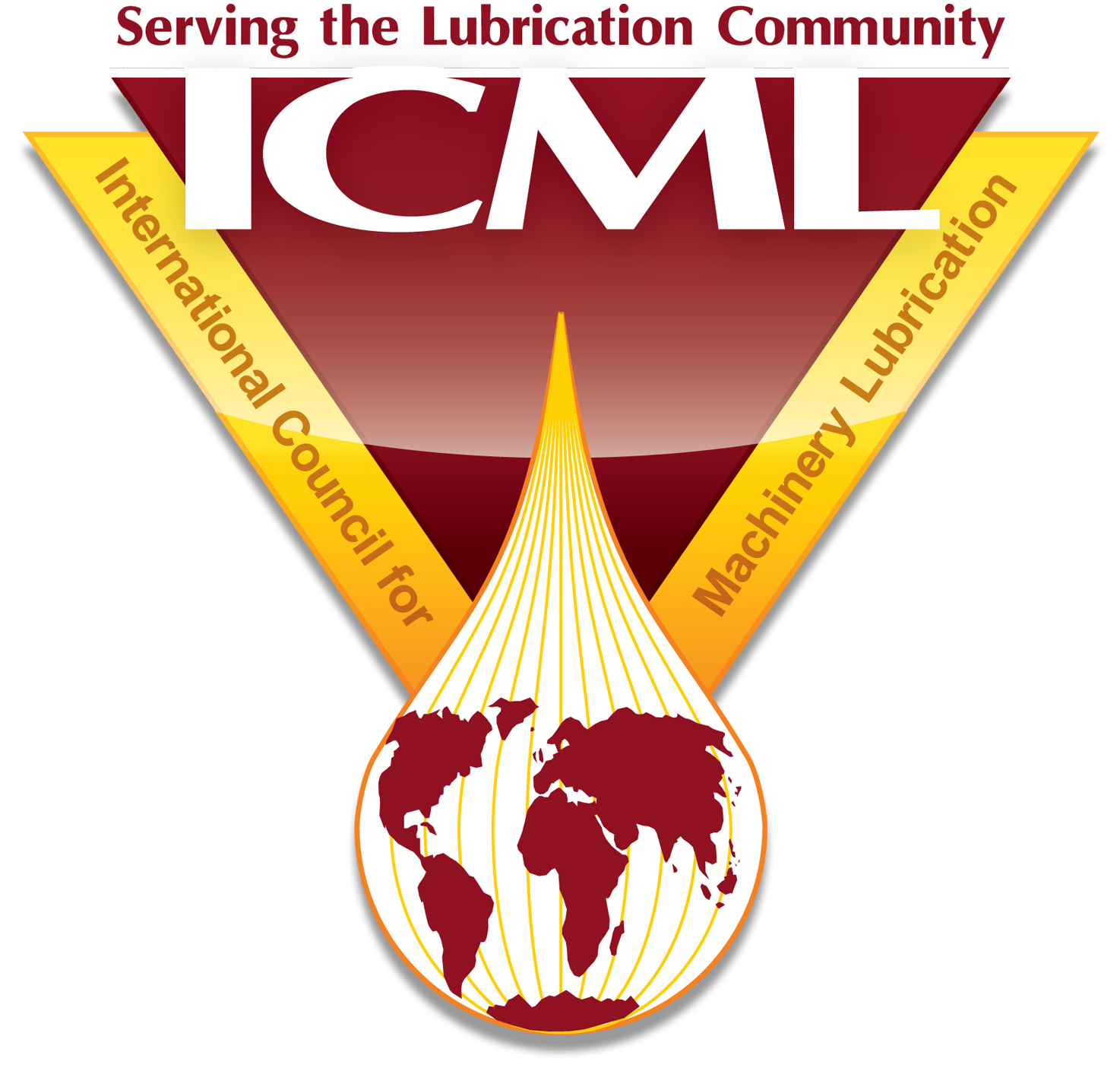
ICML-MLA | Level II Machine Lubricant Analyst (ISO 18436-4, II) Training Course
Advanced Competencies in Oil Analysis, Contamination Control, and Wear Debris Diagnostics for Machinery Reliability
Session Details
USD 5,000.00
excl. VATOverview
The Certified Machine Lubrication Analyst Level II (MLA-II) program is an advanced five-day training designed for professionals who have foundational lubrication knowledge (MLA-I or equivalent experience) and seek to deepen their expertise in lubricant analysis, contamination control, and wear debris diagnostics.
This course builds on Level I principles and provides advanced techniques for oil sampling, lubricant condition assessment, contamination management, and wear particle analysis, helping participants make data-driven maintenance decisions that extend asset life and improve plant reliability.
The training aligns with the ISO 18436-4, Category II standard and prepares candidates for the ICML MLA-II Certification Exam.

The International Council for Machinery Lubrication (ICML) is a vendor-neutral, not-for-profit organization founded to serve global industry as the world-class authority on machinery lubrication that advances the optimization of asset reliability, utilization and costs.
Course Objectives
Upon successful completion of the program, participants will be able to:
Understand Advanced Lubrication Fundamentals
Explain the functions and interactions of base oils and additives.
Recognize when and why to use synthetic lubricants under varying operating conditions.
Analyze lubrication regimes and their relation to machine design and operating parameters.
Integrate Oil Analysis into Maintenance Strategies
Apply oil analysis data within RCM and CBM frameworks.
Differentiate predictive, preventive, and proactive lubrication maintenance strategies.
Perform Advanced Oil Sampling Procedures
Select and implement optimal sampling locations and techniques for various systems (gearboxes, engines, hydraulics).
Manage sampling frequencies, cleanliness, and handling procedures to ensure representative data.
Monitor Lubricant Health Effectively
Identify and interpret lubricant degradation mechanisms including oxidation, thermal breakdown, and additive depletion.
Understand advanced oil testing methods, interpret lab results, and evaluate lubricant condition trends.
Measure and Control Contamination
Detect, quantify, and mitigate common contaminants including particles, water, glycol, soot, fuel, and air.
Apply contamination control strategies and design improvements for long-term lubricant reliability.
Perform Wear Debris Monitoring and Analysis
Recognize different wear mechanisms and their root causes.
Conduct basic ferrographic and filtergram analyses to identify abnormal wear conditions.
Interpret atomic emission spectroscopy (AES/ICP) results and particle morphology for actionable insights.
Who Should Attend
This program is designed for individuals involved in oil analysis, lubrication program management, and reliability improvement, including:
Lubrication Engineers and Technicians
Oil Analysis and Condition Monitoring Specialists
Reliability and Maintenance Engineers
Predictive Maintenance Supervisors
Plant and Equipment Inspectors
Professionals pursuing ICML MLA-II certification
Course Methodology
BK Management Team believe that learning is not only about acquiring technical skills, it is also about learning behaviors & Competencies that are desirable for work in plant operation & maintenance critical dimensions. Our holistic teaching develops our delegates' personal effectiveness to function both as an individual and as a team player. The course delivery & modes of instruction will incorporate theory, practical skills and Q&A sessions. To enhance learning outcomes, theory sessions will comprise classroom-based lecture that will intersperse with interactive discussions, scenario-based, case-study, group exercises, video clips, power point slides, learners' Guide and the application of various tools which will be provided to help in the delegates and participants of the learning’s objectives. With successful implementation of the learnt skills, they are bound to enhance Individual & Organizational growth. For online / Interactive Virtual sessions, Delegate should have a stable & good Internet connection on his laptop.
Course Outline
Review of base oil and additive chemistry
Functions and classifications of surface-active vs. bulk additives
Introduction to synthetic lubricants: types, performance, and selection criteria
Lubrication regimes and transition between hydrodynamic, EHL, and boundary lubrication
Overview of Reliability-Centered Maintenance (RCM) and its role in lubrication programs
Condition-Based Maintenance (CBM) fundamentals
Predictive and proactive lubrication strategies
Integrating oil analysis data with maintenance planning
Sampling objectives and data reliability
Equipment-specific sampling:
Gearboxes (circulating and splash-lubricated)
Engines and hydraulic systems
Multi-component circulating systems
Sampling techniques for:
Non-pressurized systems
Low- and high-pressure systems
Managing interferences: cleanliness, flushing, and condition stability
Sampling program management:
Setting optimal frequencies
Standardizing procedures
Documentation and labeling best practices
Lubricant degradation mechanisms:
Oxidation, thermal degradation, and additive depletion
Identifying mixed or incorrect lubricants
Testing methods and interpretation:
Viscosity (ASTM D445, D2983)
Acid and Base Number (ASTM D974)
FTIR and RPVOT (ASTM D2272)
Atomic Emission Spectroscopy
Case studies on lubricant failure diagnostics
Particle Contamination: causes, effects, measurement, and filtration techniques
Moisture Contamination: water states, measurement (ppm, % saturation), demulsibility, and control
Glycol Contamination: detection, causes, and corrective measures
Soot Contamination: identification, analysis, and mitigation strategies in engine oils
Fuel Dilution: testing methods and corrective actions
Air Contamination: foam stability and air release (ASTM D892, D3427); control techniques
Establishing contamination control targets and cleanliness codes (ISO 4406)
Common wear mechanisms and their identification:
Abrasive, adhesive, corrosive, fatigue, and cavitation wear
Techniques for detecting abnormal wear:
AES (ICP and arc-spark methods)
Wear particle density and trend analysis
Practical ferrography and filtergram preparation
Optical analysis and morphology classification
Effects of magnetism, lighting, and heat on particle interpretation
Case studies: wear pattern diagnostics and corrective actions
Participants who complete this program will sit for the ICML MLA-II Certification Exam
Session Details
USD 5,000.00
excl. VATDo you have any questions ?
Jubail Industrial City, Saudi Arabia
373 road 112, First Industrial Area, Unit No.: 1 Al Jubail 35717 - 7043 KSA
Explore
About
© 2026 BK Consultancy & Training
All rights reserved.